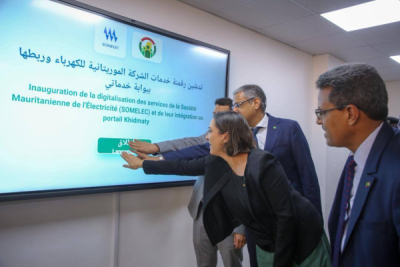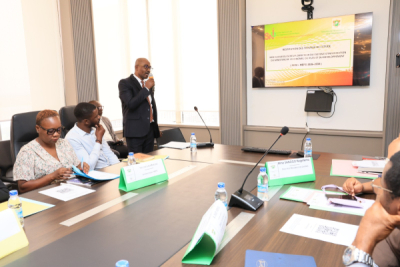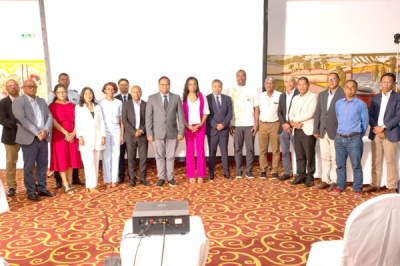Disruptive technologies may cause widespread job losses, specialist reports say. The same reports indicate that workforce adaptation is key to mitigating the negative impacts of those technologies.
As Africa’s population surges, creating more and better jobs for its youth is crucial for poverty reduction and wealth distribution, the World Bank stated in its report “Digital Africa: Technological Transformation for Jobs 2023”. The report urges policymakers and the business sector to prioritize digital technology and promote its accessibility urgently to tackle unemployment challenges.
“Africa’s jobs and technology challenges are immense and urgent. Its share of the global workforce is projected to become the largest in the world by the twenty-second century, rising from 16 percent in 2025 to over 41 percent by 2100. More than 22 million Africans between the ages of 15 and 64 join the workforce annually—almost 2 million people per month. This flow of workers is expected to increase to over 33 million per year by 2050,(UN DESA 2022). The imperative is to create good jobs for these millions of young entrants to the workforce and better jobs for today’s workers. Greater adoption of improved and adequate technologies is a critical and underemphasized requirement to meet this goal,” the report states.
The report proposes various strategies and initiatives to better prepare Africa for the future. It emphasizes the importance of promoting the development of digital skills and recommends that African governments invest in digital skills training programs to equip the workforce with the skills needed for the digital economy.
It also highlights the importance of supporting entrepreneurship and encouraging the growth of startups and small technology companies by providing them with access to funding, mentoring, and resources. This can stimulate job creation and innovation in the technology sector.
Improve the ecosystem
The World Bank stresses the need to improve access to technology by promoting access to affordable and reliable internet services, smartphones, and computers. It also calls for implementing policies that support a business environment conducive to technology adoption and innovation, which may involve reducing regulatory barriers, promoting competition, and protecting intellectual property rights.
The report recommends investing in the development and upgrading of digital infrastructures, such as broadband networks, digital payment systems, and data storage and processing systems. It also advocates for collaboration with the private sector, suggesting that public decision-makers establish partnerships with private-sector companies to encourage the adoption of technologies, innovation, and job creation.
Finally, the World Bank believes that by implementing these strategies and working collaboratively, African policymakers can harness the power of technology to improve the lives of their citizens and unlock the continent’s potential for inclusive development.
Muriel Edjo



















